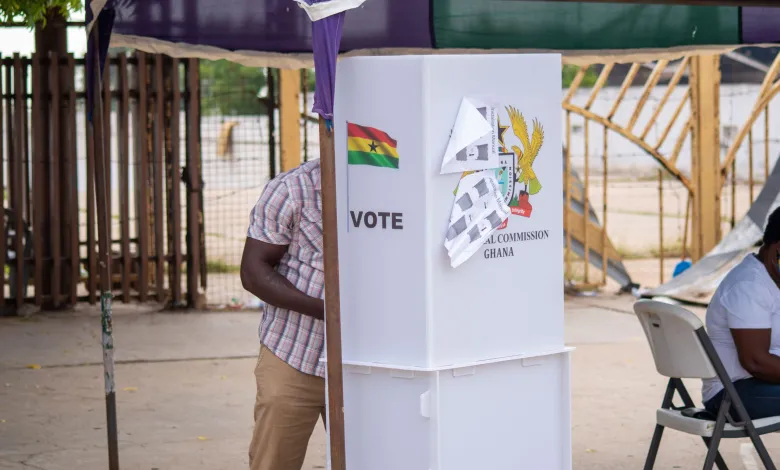
In a move that has sparked heated debates and raised concerns among many, Ghana’s limited voter registration began today amidst allegations that it could potentially disenfranchise a significant portion of the country’s youth population. As the nation gears up for the upcoming elections, the limitation of the registration to the electoral commission’s district offices has ignited a storm of controversy.
The limited registration, which began today, allows eligible voters who have not previously registered or those who wish to change their polling station to do so. However, critics argue that the limitations imposed on this registration period, combined with stringent identification requirements, could somehow affect young voters and suppress their voices in the upcoming elections.
One of the main concerns raised by activists and opposition groups is the decision to limit the exercise to the district offices. With only a few days allocated for this crucial process, there are fears that it may not provide enough time for many young people, especially those in remote areas, to register and secure their right to vote. This concern is heightened by the fact that young voters often face additional challenges in obtaining the necessary documentation, such as the Ghana Card which must be replaced with two guarantors if you don’t have which comes with financial issues as you have to pay for their transportation.
To register, citizens are required to present a Ghanaian passport, a national identification card, or two registered voters as guarantors. Critics argue that these requirements place an undue burden on young voters who may not possess these documents or struggle to find guarantors, potentially disenfranchising a significant portion of the youth population.
Proponents of limited registration argue that it is essential to maintain the integrity of the electoral process by preventing fraudulent registrations. They contend that stringent identification measures are necessary to ensure that only eligible voters participate in the upcoming elections. However, opponents argue that these measures disproportionately affect young voters, who may be less likely to have the required documents or access to guarantors.
The controversy surrounding limited voter registration highlights the need for a careful balance between ensuring electoral integrity and safeguarding the democratic rights of all citizens, especially the youth. As the registration period unfolds, all eyes will be on Ghana’s Electoral Commission, political parties, and civil society organizations to ensure that every eligible voter, regardless of age or location, has a fair and equal opportunity to participate in shaping the nation’s future.
In the coming weeks, the outcome of this limited registration process will undoubtedly continue to be a topic of national debate, as Ghanaians closely watch how it unfolds and its potential impact on the youth vote in the upcoming elections.
Story by: Emmanuel Romeo Tetteh (#RomeoWrites✍️) / Ahotoronline.com




